Woke has become a buzzword throughout US media. People use the word to label all sorts of people and ideas: woke companies, woke video games, woke chicken nuggets. Beyond being bad English grammar, “I am woke” (grammatically it should be “I woke up” or “I have awakened” or even “I’m awake.” Woke is the past tense form of wake. ) carries the weight of identity for many people. The term also works as as slur. So, before I can answer the question “Is anime woke?” I will first attempt to define what woke means as a slang term.
Woke is a slang term that points toward awakening to social injustice. This use of the word goes back to the 1950s and 1960s within the American Black community where the term used to “figuratively refer to being ‘aware’ or ‘well informed’ in a political or culture sense” (Saad, 2023). William Melvin Kelley, in his 1962 New York Times article, links the term woke with the slang term dig, which was used to mean “to understand.” Woke associated with people that were cool, hip, smart, and worthy of being a role model during the 1950s-1960s (Simama, 2023). The term reappeared during after several police-related incidents against the Black community around 2015. While these incidents were not, sadly, anything new, widespread media and Internet coverage brought these incidents to people’s attention. Woke became a badge of honor among Democrats and became a term encompassing what needed to be stopped from the Republican perspective (Jacques, 2023). It soon became a term used among conservatives as a placeholder for everything they disliked about Democrats and the political left. Teaching about Black history with references to Critical Race Theory, diversity, equity and inclusion (DEI for short), and environmental, social and governance policies by companies (ESG for short) and anything dealing with LGBTQ+ fall under the label “woke” (Baumgartner, 2024). In other words, “being out of touch with reality.” Critical Race Theory is the idea that racism is systemic in society and is baked into how institutions, laws, and policies function.
Zach Goldberg, a self-proclaimed “wokeness studies scholar” at the Manhattan Institute, says “woke” means more than just left-wing radicalism. He says the essence of woke is “the belief that outcome disparities between groups – be they races, sexes, or ‘genders,’ etc. – are largely if not entirely the product of oppressive social forces and structures.” (Jacques, 2023)
Jabari Simama (2023) argues that this is a distortion of woke’s original meaning. During the 1960s, the word associated with freedom and justice for oppressed people:
“Growing up using the term, I can say without fear of honest contradiction that it never meant teaching young people that America was systematically racist (although there are many historians and political scientists who believe that it is).”
Erykah Badu, a singer songwriter, believes woke no longer belongs to those who seek social justice. Rather, the term has used by conservatives as a stand in for “Black” or “thug.” (Saad, 2023). Woke is defined in Oxford English Dictionary and Merriam-Webster as (definition 1) being “aware of and actively attentive to important facts and issues (especially issues of racial and social justice)” and (definition 2) “politically liberal or progressive (as in matters of racial and social justice) especially in a way that is considered unreasonable or extreme.”
So Is Anime Woke?
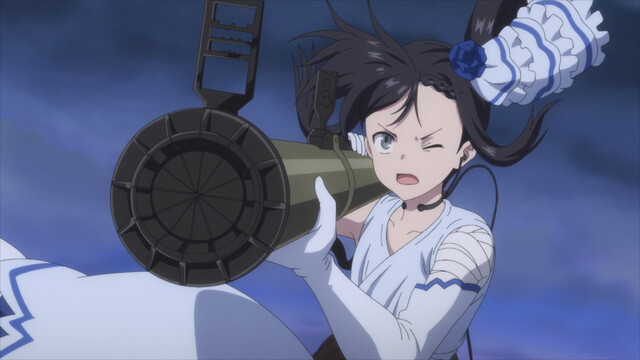
And when we break down the question “Is anime woke?”, we have to ask “what anime?” Anime spans a a wide range of genres and changes across the decades. Anime is a medium like “American movies” or “French literature”are mediums. Anime is too broad a term to be labeled with a single word like “woke.” Some genres of anime may be more “woke” than others and in different areas. Mecha, for example, might be considered more “woke” about the power dynamics of governments and societies while not being “woke” about social issues at a grassroots level. “Slice-of-life”, on the other hand, might be more aware of grassroots problems. But I will keep to the generalization of the question now that we have the caveat in mind. Otherwise, I will have to address–and generalize–each of anime’s different genres and periods and examine how “woke” applies. I doubt anyone would want to read that long and essay, nor do I, if I’m honest, want to write something that long.
So, using this definition of woke and this caveat about anime, anime is indeed woke about many problems Japanese society faces. Some stories are woke to the problems developed societies at large face, such as the mental health problems men face and the misogyny women continue to face. Anime is woke about the challenges different-sexed people face: usually illustrating this with demons, animal people, or half-breeds like half-elves. Anime is not woke about American issues. Because anime addresses problems within Japanese society, many narratives can appear as quite conservative to Americans, such as stories about men trying to protect women or climb to the top of their sport. Japan is socially different from the United States. Japan faces entirely different problems which makes stories which address those problems simultaneously woke for Japan and not woke for the United States.
The Problems with Woke
And that brings me to my problems with the modern use of the term, for all the more my opinion is worth. First, the term belongs to the American Black community and links with their struggle for equal rights. Woke links with Martin Luther King Jr. and other civil rights activists. It’s not appropriate to apply such a term to anime or chicken nuggets or to all the other ridiculous things it sits in front of now. Second, wokeness is relative to society. What makes a person woke in the US would make them not woke in the UK or Japan. As I attempted to point out, Republicans are woke about certain topics; Democrats are woke about others. Both are also blind to issues. A person can be woke about some issues and not woke about others at the same time. Third, making wokeness a personal identity label or a personal smear is nonsense because of this mixed awareness. Cramming the complexity that most issues have and the complexity of the human identity into a single word is intellectual laziness. It allows people to be dismissive of real problems and to dehumanize people. Woke has become an ideological label which makes it easier to other people. And such othering can lead to violence and tribalism. At the least, it prevents people from understanding the nuance issues and people have. Identifying yourself with a label and slapping a label on others dehumanizes, and dehumanization is a step away from genocide as history, even modern history, continually points out. Wokeness is dangerous not because of what it represents, but because it has become yet another wedge people use to separate into disparate tribes. It stops discussion on both sides and stops people from realizing that there are no sides in the first place. Defining yourself in opposition to another is childish.
Is anime woke? is the wrong question to ask because the answer is both yes and no. Anime points out problems in Japanese society and the larger human condition. All good stories point to problems within their home societies and the human condition. It’s not appropriate to apply a politicized American term to another culture’s narratives. The label doesn’t fit anime because it has a different context and history. Applying such a label shows you aren’t woke! You are misappropriating an already misappropriated term to a different cultural output. Ironic isn’t it? And that shows just how problematic the tossing around of the term can be. A better question is to ask “how well does anime explore the human condition?” And the answer to that question too depends.
References
Baumgartner Vaughan, Dawn (2024) Republicans vow to fight the ‘woke agenda’ in election ads. What does that even mean? McClatchy Washington Bureau.
Jacques, Ingrid (2023) Conservatives need to better define ‘woke.’ USA Today. 3/13/2023.
Kelley, William Melvin. (1962) If You’re Woke You Dig It; No mickey mouse can be expected to follow today’s Negro idiom without a hip assist. If You’re Woke You Dig It. The New York Times. https://www.nytimes.com/1962/05/20/archives/if-youre-woke-you-dig-it-no-mickey-mouse-can-be-expected-to-follow.html.
Saad, Nardine. (2023) What does ‘woke’ mean now? Erykah Badu, who popularized it, clarifies original definition. Los Angeles Times.
Simama, Jabari (2023) In Defense of ‘Woke’. Governing. 4/7/2023.
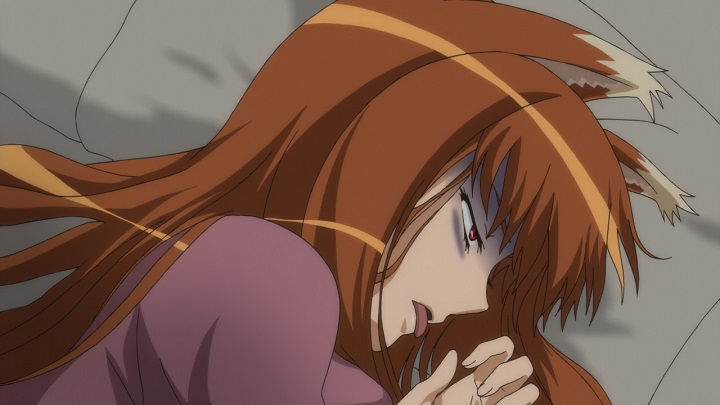
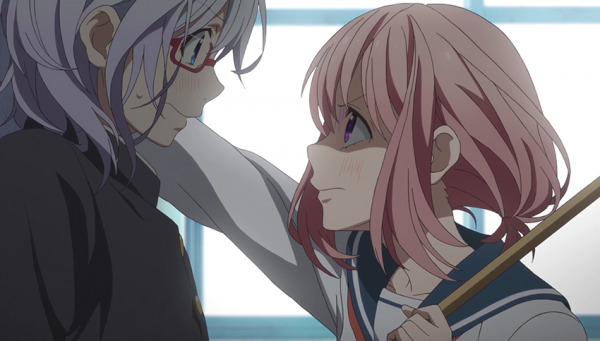
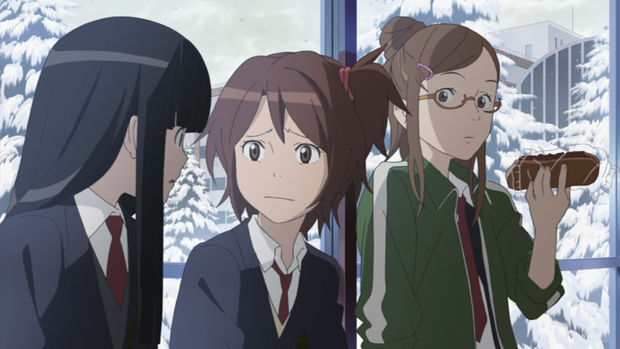
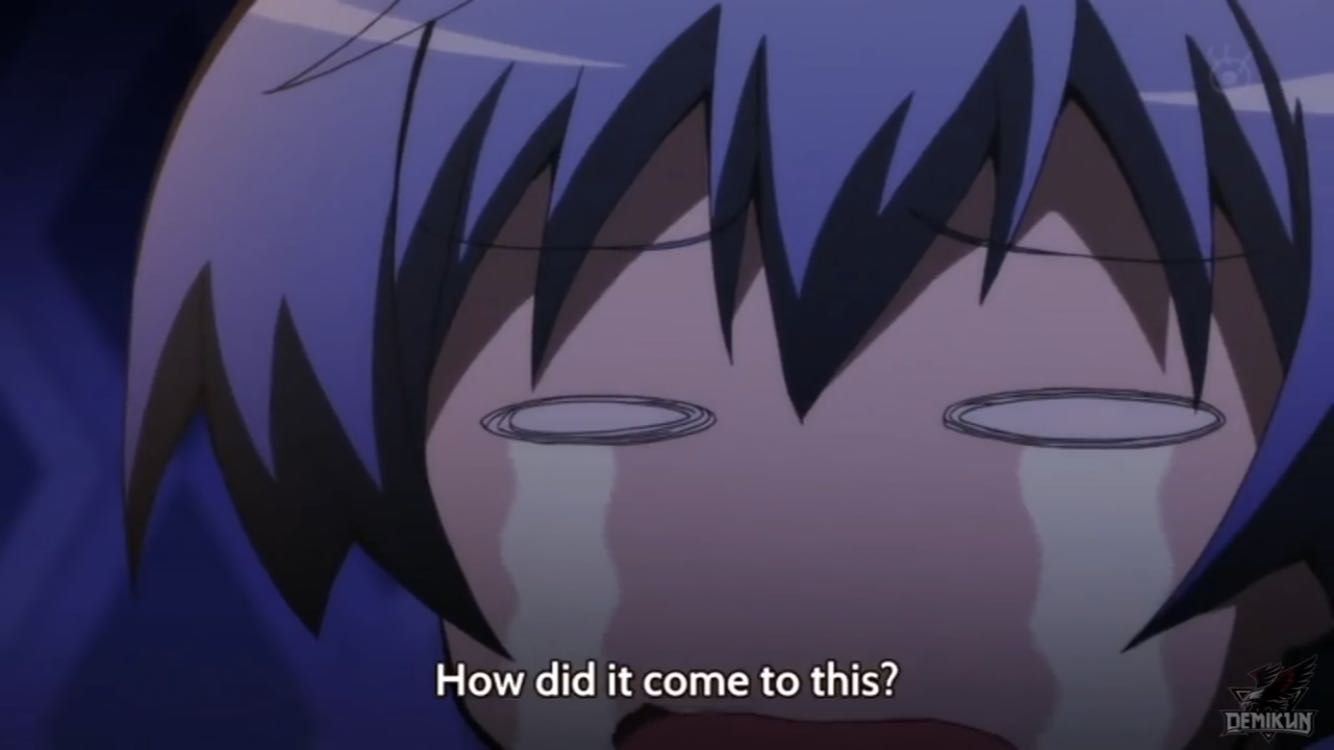
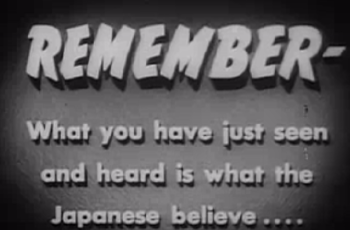
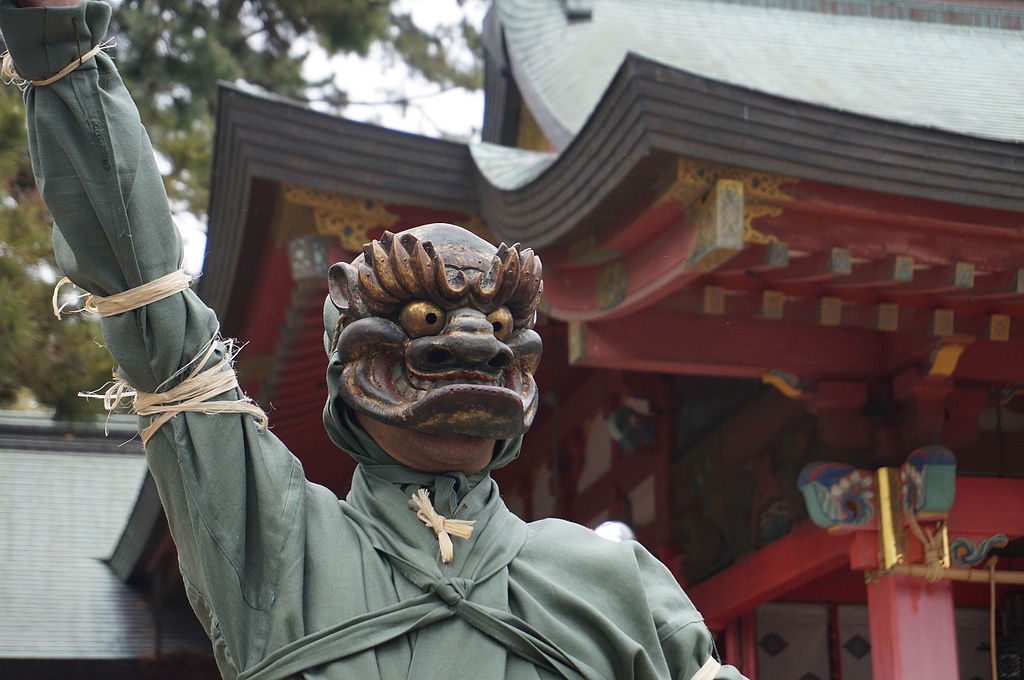
New thought:
Please correct me if I’m wrong, but if you would like some of the more detailed descriptions of what woke means nowadays, then there’s far, far more info than what the media apparently seems to understand/ misunderstand.
Looking up “Social Justice Warrior” compilations might get you to some examples of it in prominent display.
The infamous Evergreen State College debacle has a documentary about it – on YouTube I believe.
There are countless firsthand accounts of people in the ideological vein who have since left it, and several academics who have paid the price of not bending the knee to it. It’s very real, and very alive and well.
Here’s one person’s description of her journey leaving the identitarianism of wokeness:
https://m.youtube.com/watch?v=S5Ak5uEcDUQ&list=WL&index=10&pp=gAQBiAQB
Additional resources:
Here is the Grievance Studies Affair, where three professors and researchers tried to see if they could get particularly social justice oriented postmodern word salad published specifically so they could begin to identify what exactly is going wrong in the social sciences according to them
https://youtu.be/kVk9a5Jcd1k?
Here’s a little snippet of how they rewrote Mein Kampf and had it go unchallenged:
https://youtu.be/ibtEz2um6fY?
And here is a shorter-form episode from one of those professors who has done a great deal of work examining the ideas behind the movement and is reviewing here a practical hands-on book for people in academia encountering the forceful currents in the workplace:
https://youtu.be/5EzdcvdSCLk?si=gnGM-2mba2mtYO8R
Bear in mind, it’s probably worth saying that anyone who’s not already familiar with “woke” academia and PC culture in general might see these as absurd overreaches. So please understand that I submit these to you with the understanding that they can be easily misconstrued. 😅
Thanks for sharing all of this information! From what I observe, “woke” and identity politics have passed as an effective political and profit-earning strategy. It will be interesting to read what historians will write about our segment of history after a few decades of distance.
Agreed!
And wow, coming back to this comment after the fact, with the recent elections, listening to Democrats trying to figure out what happened I have seen a few commentators reflect that identitarianism [and its tribalistic lensing], is a huge part of what turned the popular vote away from them.
Regarding what the history books are going to say about “wokeism,” the truism of who writes the history books will determine things.
PS I hope you can forgive my info dump. I just figured since we were on the subject and this article had been out for a month, that as an actual researcher, you might enjoy a few pieces of a fellow (informal) researcher’s library. But I do apologize for writing several tomes here on your blog 😓
Don’t worry about the info dump! More context is always welcome.
Ok, been thinking long time about this. Didn’t want to risk getting this reply section bogged down, but since I’ve been studying it since 2015, I thought this was an adequately written piece from my library on the evolution of the current meaning of “woke.”
https://www.splinter.com/how-woke-went-from-black-activist-watchword-to-teen-int-1793853989
Shoot I wish I could edit my comment.
That article isn’t even covering what I meant to cover – I apologize. The author did some good surfing but never got to the actual meat, and so their article ends up being a lot of gloss.
Although the article didn’t cover what you had meant to touch upon, I found the author’s foresight on how the term “woke” will be co-opted and lose its meaning interesting. While I doubt its new, I find the misuse of words and how they are even “worn out” interesting. My pet-peeve misused word is myth. Making the word synonymous with words like lie, even to the point where dictionaries recognize the use, belies the word’s original meaning: stories that share truth and observations about the human experience. Words seem to lose their meaning quickly now, even slang terms.
Odd- for whatever reason there’s no reply button underneath your comment so I’ll just use this.
Re: myth, when I went to college I was suspicious at first when I heard professors use the word myth so ambivalently about everything.
Primarily, I think I doubted their intellectual honesty when it came to a coherent worldview, since a written core value of my college was critical theoretics, and therefore was duly postmodern.
I’m sure you can empathize with some part of this? When people talk about the myths in, say, the Bible, it feels like they’re not even thinking of Peterson’s archetypes – rather they most likely just mean myth as in folktale.
I may have put a limit on how deep comments can nest. I tend to set-and-forget configurations.
People even use the term “folktale” incorrectly. A folktale is a story from the peasant classes which contain observations, teachings, or political satire. Mythology is more a national narrative or the narrative of the priest and aristocratic classes. Both provide useful lessons about the human condition and our role in the world.
I suspect the problem comes from how we equate facts with truth. Facts can be untruthful, and fiction can be truthful. They are different ideas that overlap in a Venn diagram. People get upset when I say the Book of Genesis (just to pick on something) is a myth; they interpret that as saying the book is a lie when, in actuality, I’m elevating the book beyond the realm of facts and toward Truth. The factuality of the book doesn’t matter because of the truths of the human condition it presents. Folktales fall into the same category.
Ahh very cool. I wasn’t aware of the breadth of applications folktales had since I’m definitely one of the people who considers fairy tale and folktale as synonymous. But that makes sense.
And yes indeed. I think you might really enjoy Dr Peterson’s concepts of fact and myth- all the mudslinging at him be damned. He and an Orthodox iconographer Jonathan Pageaux have apparently had a plethora of conversations on the subject over the past few years.
Ok I’ll leave a preliminary reply to the essay; apologies for its inadequacy.
I have a lot of thoughts about this article, largely because I’ve spent the past 10 years doing personal research on the sociology of what some describe as wokeness.
(On a persnickety note, I hate the grammatical misuse of “woke” and wish people would just call it “wokeness,” or “the woke,” when referring to people. But “Explaining Woke,” referring to it as an ideology, rubs me the wrong way every time. I’ve heard people use Woke like that – as a proper noun instead of an adjective, when I wish they would just say “The woke”).
But back to my opening thought, I’ve spent a long time examining and researching this cultural moment in the West, and I believe I actually first heard “woke” used by female Zoomers. They were praising the sexiness of a youtuber who seemed to fall somewhere between a Granola and a Crystal Goddess, and whose awareness of the inequity in society and his privilege as a white male appeared progressive and humble – that is, woke. The key to his appeal was in fact his awareness and acknowledgement of all the prime social justice issues.
Understandably, presenting yourself as aware to reality, taking the red pill, has always been valued. But almost immediately, the marketability of social justice awareness became cloying, since unfortunately it too, like all signifiers, was appropriable. And it’s that presentation – whether authentic or not, that I came to understand as the meaning of “woke” when used disparagingly.
I witnessed that whether or not they were fully understood, social justice terminology became shibboleths by which you could identify which group someone belonged to; in the academic and critical theory arenas I was near, belonging was mandatory for survival if you didn’t want to be forcefully ostracized from the community. It was absolutely crucial to be on the right side of history.
But anyway, without going on and on about my experience (sorry about that), I’ll merely jump track to a quick thought. Couldn’t we say that evolution and appropriation are the natural course of all language? Can any word be “owned” truly, and what does ownership of a word mean?
Ever since the death of the author, authority and meaning can be said to be a negotiation, like the English language. For a while I’ve thought that American English is itself a history of which cultures and languages had the most currency and staying power at one time or another in the American social imagination.
So to land this plane with some examples, “patriot” used to be a good word but now it means (in effect) xenophobe. “Gay” used to mean happy. “Man/woman” used to mean male/female, and is currently hotly contested.
So therefore, is it fair to say the meaning of a word is always in negotiation?
Signaling tribe affiliation using the word “woke” or any other term is common. How helpful that is, however, remains questionable even though it is a natural tendency. You’re right about how word meanings and implications change over time. They don’t belong to a single group. Words also have regional meanings. “Patriot” remains a positive word in my area, for example. Media plays a role in shifting language one way or the other.Slang terms like “woke” tend to lose their original meaning and identity after media companies fold them into their established narratives. Any guesses on what word will replace “woke” now that the word has become fairly meaningless?
Hmmm… from the culture I’ve seen, how about “based.”
That’s a good example! It used to be a negative term. Now it’s a positive term.
“I’m digressing.” 🙌🙌
Thank you for that. It’s such a pet peeve of mine 😆
I’m glad you enjoyed another entry in my long-running joke! I don’t mind a little digression, but a hijack of the original essay is annoying.
“But I hijack…”
Sounds like an opportunity for you to update the phrase.